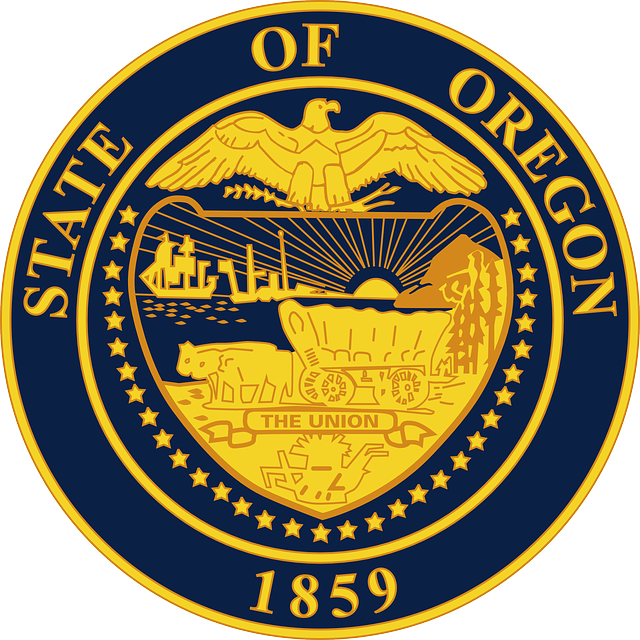Oregon grandparent laws protect and define grandparents' rights, with the Grandparent Time Act ensuring quality time and Oregon family law providing guidelines for access when agreements fail. These laws, governed by complex state regulations, prioritize the best interests of children and require professional legal guidance for navigation. Understanding Oregon laws, including residency impacts, is crucial for both resident and non-resident grandparents seeking visitation or custody, with key terms including Oregon grandparent laws, legal rights in Oregon, and grandparent legal support.
In Oregon, grandparent laws and rights are governed by a comprehensive set of family laws that recognize the vital role grandparents play in a child’s life. Understanding these laws is crucial for both grandparents seeking visitation or custody and parents looking to ensure their children’s well-being. This article provides an in-depth overview of Oregon grandparent laws, covering legal definitions, residency impacts, establishing parentage, visitation guidelines, custody scenarios, and adoption processes, offering essential legal guidance within the context of Oregon family law.
- Oregon Grandparent Laws: An Overview
- – What are the legal definitions?
- – How does residency impact grandparent rights?
- Establishing Legal Parentage
Oregon Grandparent Laws: An Overview

Oregon has established laws that protect and define the rights of grandparents within the state’s family structure. Understanding these laws is crucial for grandparents seeking legal guidance in Oregon, especially when it comes to navigating complex family dynamics. The Grandparent Time Act, for instance, ensures that grandparents have the right to spend quality time with their grandchildren, fostering meaningful relationships. This law sets a framework for courts to make decisions regarding grandparent visitation rights, promoting the well-being of both families.
When it comes to legal rights, Oregon family law provides clear guidelines. Grandparents can petition the court for access to their grandchildren if they cannot obtain it through agreement with the parents. These laws consider the best interests of the child, ensuring that any decisions regarding grandparent involvement are made with the child’s welfare at the forefront. Navigating these Oregon grandparent laws requires careful consideration and often benefits from professional legal guidance.
– What are the legal definitions?

In Oregon, grandparent laws outline the rights and responsibilities of grandparents in relation to their grandchildren. Understanding these laws is crucial for grandparents seeking legal guidance when navigating family matters. The state recognizes grandparents as important figures in a child’s life and provides them with specific legal protections. According to Oregon family law, grandparents have the right to seek visitation or custody under certain circumstances, ensuring their involvement in a grandchild’s upbringing.
The legal definitions within these laws are essential for clarity. Grandparent is typically defined as a parent’s parent, while legal guardianship or adoption may also confer grandparent status. Oregon laws outline specific criteria for grandparent rights, including the ability to petition for visitation or custody if the child’s parents are no longer together or unable to provide care. This comprehensive approach ensures that grandparents in Oregon have access to the necessary resources and support when advocating for their legal rights.
– How does residency impact grandparent rights?

Grandparent rights in Oregon are governed by state laws that can be complex and vary based on individual circumstances. Understanding how residency impacts these rights is crucial for grandparents seeking legal guidance in Oregon family law. Generally, grandparent rights allow certain individuals to seek visitation or custody of their grandchildren if they can prove a significant relationship with the child and that the parents are unable or unwilling to care for them.
In terms of residency, Oregon grandparent laws recognize both resident and non-resident grandparents. However, there may be additional hurdles for out-of-state grandparents to overcome. Navigating Oregon laws requires legal expertise, especially when dealing with issues like jurisdiction, parental rights, and the best interests of the child. Grandparents interested in pursuing their legal rights should consider consulting with an attorney specializing in Oregon family law for tailored advice.
Establishing Legal Parentage

Establishing legal parentage is a crucial step for grandparents in Oregon seeking to understand their rights under state family law. By legally establishing a parental relationship with their grandchildren, grandparents can gain significant legal protections and responsibilities. Understanding Oregon grandparent laws is essential, as it outlines the procedures for achieving this status and the subsequent rights and duties that come with it.
Navigating Oregon’s family law requires dedicated research and, in many cases, professional guidance. Grandparents should be aware of the various legal avenues available to them, including adoption, custody agreements, or court-ordered visitation rights. Each method has its own set of requirements and implications, so seeking clarity from a legal expert is advisable. This ensures that grandparents can make informed decisions regarding their role in their grandchildren’s lives while protecting their interests under Oregon law.














